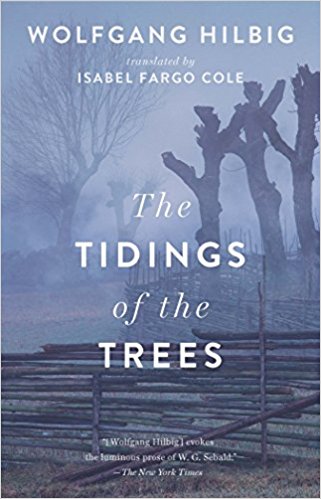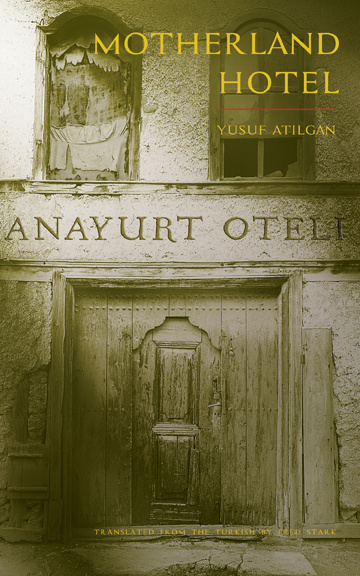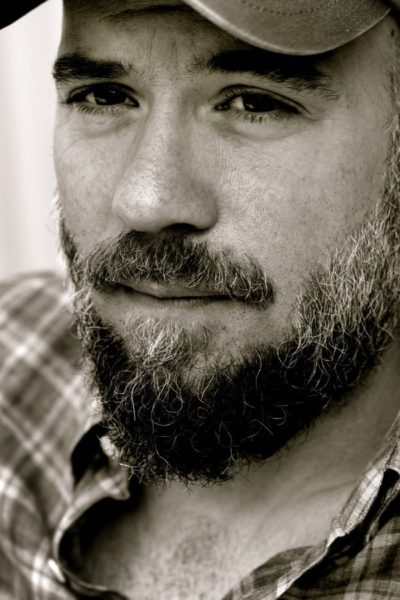If you don’t howl with the wolves, the wolves will howl for you.
The Tidings of the Trees – Wolfgang Hilbig
Dust, bodies, and digging all have thematic importance in Hilbig’s fiction.
Fictionalizing Anthropology – Stuart McLean
FICTIONALIZING ANTHROPOLOGY uses the decaying conventions of academic rhetoric to create a kind of speculative and essayistic social science nonfiction
Our Dead World – Liliana Colanzi
Colanzi’s work moves in the opposite direction of Jung’s in every way; horror is a metaphysical humility.
His Master’s Voice is Calling Me
Gaddis saw something else happening. A denouement. A decay. He writes about the decline of art into “usefulness.” Art becomes a product. It becomes therapy. It becomes sociological catalogues of oppression.
Motherland Hotel – Yusuf Atilgan
I’m probably slightly more informed about Turkey than the average American. What that means in reading Motherland Hotel is that I creatively misread it.
I think the South has yet to reconcile itself to its own complexity. It’s not exclusive to the region, but I think we have this sense that we need to hold onto one single narrative.
The Corpse Singing On The Radio
Scott Beauchamp writes about the first time he saw a dead body in Iraq, his experience reading the Stoics during combat, and his later turn to a philosophy capable of responding to injustice.
It becomes quickly obvious that a lot of this book’s psychic energy is dedicated to a fear of women.
GRAVITY fails in a very American way: the lone individual triumphs over nature, energized by her sense of self-value. Americans have a history of bringing our own banalities into space with us.












